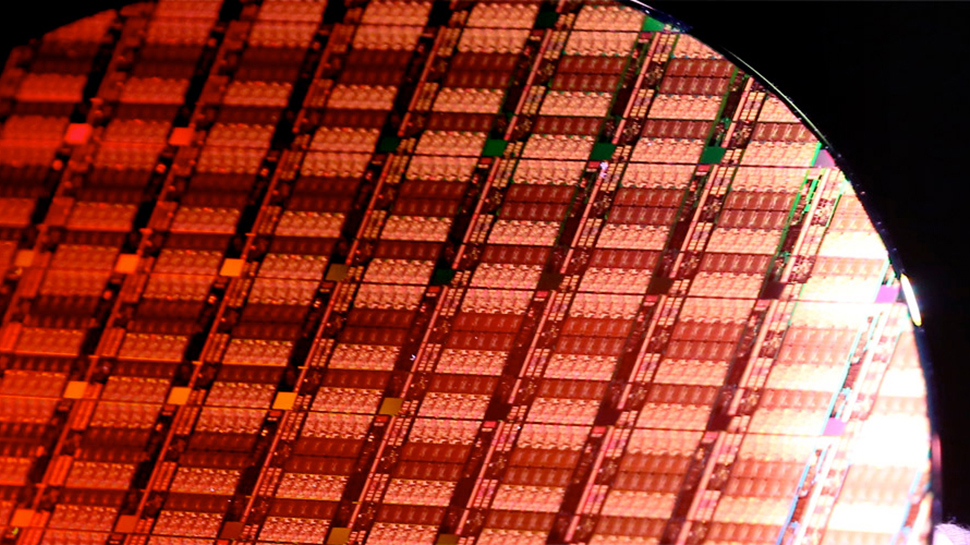European Council Greenlights Chips Act: $47 Billion for Semiconductor Industry
European Union approves $47 billion subsidy plan for chip producers.

The European Council on Tuesday formally approved European Chips Act, a regulation aimed to strengthen semiconductor sector in the bloc and increase market share of chips produced in Europe from around 10% today to approximately 20% by 2030. The program will provide €43 billion ($47 billion) to chipmakers building new fabs in Europe. This is the final step in the decision-making procedure.
The European Chips Act is meant facilitate development of the European semiconductor industry by providing subsidies, attracting investments, and encouraging research and development. The program is designed to 'mobilize' €43 billion, including €3.3 billion from the EU budget, in public and private investments to achieve these goals.
The ultimate objective is to double the EU's global market share in semiconductors from the current 10% to 'at least' 20% by 2030. In addition, the initiative also aims to strengthen the domestic semiconductor supply chain and prevent chip shortages in critical sectors such as the automobile industry, something which happened in 2020 – 2021.
The very decision of the European Union to provide incentives to chipmakers has already made chipmakers to revisit their position regarding building chips in Europe. Intel has committed to build a leading-edge fab near Magdeburg, Germany, and an advanced chip packaging facility in Poland, whereas TSMC is expected to announce a specialty fab producing MCUs for automakers on the German soil in the coming weeks.
"With the Chips Act, Europe will be a frontrunner in the world semiconductors race," said Héctor Gómez Hernández, Spanish Minister for Industry, Trade and Tourism. "We can already see it in action: new production plants, new investments, new research projects. And in the long run, this will also contribute to the renaissance of our industry and the reduction of our foreign dependencies."
Among other things, the European Union is aiming to reduce dependence on foreign-made advanced processors for supercomputers. Nowadays such CPUs and SoCs are produced in the U.S., Taiwan, or South Korea.
To do so, the European Chips Act is intended to attract companies like Intel, Samsung Foundry, and TSMC to make such advanced products in Europe. Meanwhile, contrary to initial plans to fund solely state-of-the-art fabrication facilities, the EU authorities have broadened their focus to include the entire supply chain, supporting mature chip production and research and development centers too.
Get Tom's Hardware's best news and in-depth reviews, straight to your inbox.
The regulation, already adopted by the Council and the European Parliament, will come into force three days after being published in the Official Journal of the European Union.

Anton Shilov is a contributing writer at Tom’s Hardware. Over the past couple of decades, he has covered everything from CPUs and GPUs to supercomputers and from modern process technologies and latest fab tools to high-tech industry trends.